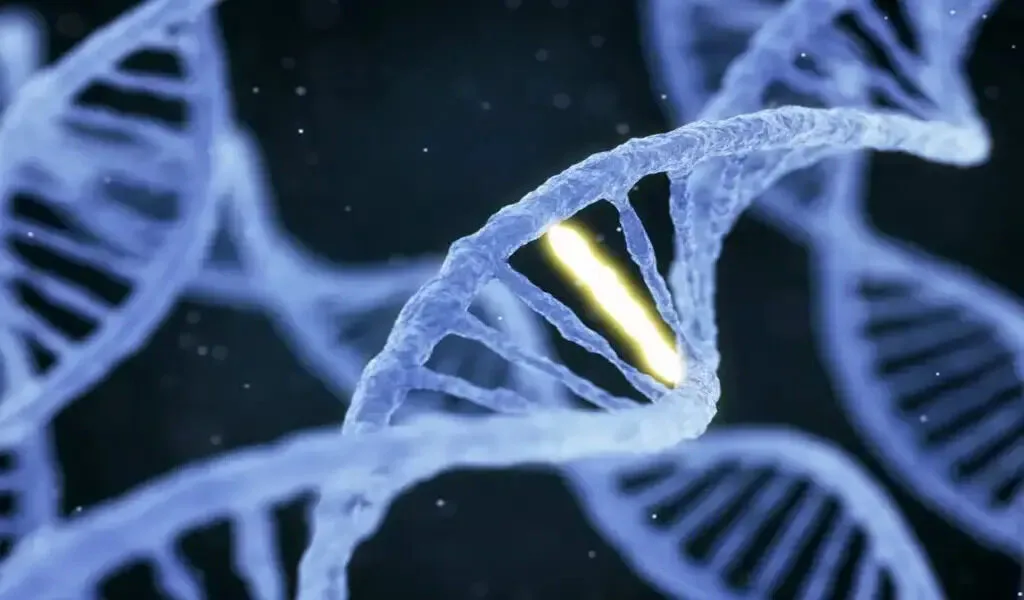Health
Schizophrenia Risk May Increase With Rare Embryo Mutations

(CTN News) – During embryonic development, rare genetic mutations may increase schizophrenia risk in later life. One in 300 people suffer from schizophrenia, which is characterized by hallucinations, muddled speech, and a lack of interest in everyday activities.
Generally, genetic factors play a larger role in the development of the disease than environmental factors, such as low birth weight or the use of psychoactive drugs. Despite this, researchers have only identified a dozen genetic variants.
Boston Children’s Hospital researchers have found evidence that non-inherited, or somatic, mutations – those that occur by chance during embryonic development – may contribute to schizophrenia risk later in life.
The condition is caused by previous mutations that are passed down from parents.
Genetic data was analyzed from blood samples taken from more than 12,800 adults with schizophrenia and more than 11,600 people without schizophrenia.
Six people with had NRXN1 deleted, but none without the condition. In these six individuals, the mutation might have occurred in a cell during the first few days of embryonic development before propagating through descendants of that cell, Walsh explains.
The body’s cells are generally affected by inherited mutations.
Walsh suggests that blood mutations like this also affect other types of cells, including the brain, where schizophrenia develops.
NRXN1 encodes a protein that regulates the number and density of connections between nerve cells in the brain.
Another set of six participants with schizophrenia who had not responded to clozapine showed mutations in a gene called ABCB11 in 18 to 27% of their blood cells.
According to Walsh, this gene encodes for a protein involved in transporting digestive salts in the liver, but its role in the brain is unclear.
Some people without schizophrenia have these mutations, but it is possible that they may develop schizophrenia in the future.
ABCB11 was found in neurons that produce dopamine, the “happy” hormone, and these cells are targeted by “most of our known schizophrenia drugs”, says Walsh.
Having the ABCB11 gene may be required for these drugs to reach dopamine-producing neurons, and mutations disrupt this process, Walsh suggests.
“Targeting ABCB11 may help some drug-resistant patients be treated more effectively with the drugs we already have.” However, this needs to be tested, he says.
According to Atsushi Takata at RIKEN Centre for Brain Science in Japan, one limitation of the study is that the team does not have detailed information about lifestyle factors – such as people’s use of psychoactive drugs – which could affect the results between those with and without schizophrenia.
In any case, Elliott Rees at Cardiff University, UK, says the findings “could contribute to a better understanding of the biological processes and mechanisms involved in this condition”, which eventually leads to the development of a more effective treatment.
SEE ALSO:
Diagnose Skin Cancer With Artificial Intelligence And Machine Learning



























